January 19, 2025 | 04:23 GMT +7
January 19, 2025 | 04:23 GMT +7
Hotline: 0913.378.918
January 19, 2025 | 04:23 GMT +7
Hotline: 0913.378.918
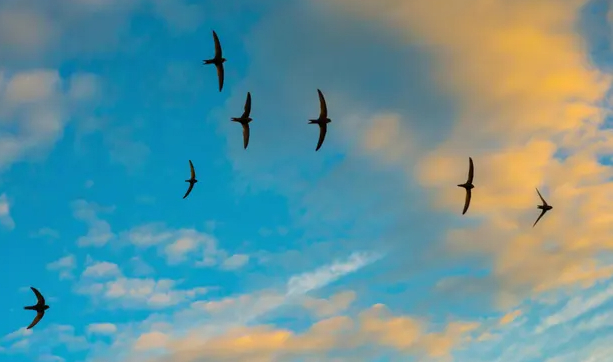
Swifts in flight over Monmouthshire, Wales. Birds that rely on invertebrates for food were found to be the hardest hit. Photograph: Nature Picture Library/Alamy
The use of pesticides and fertilisers in intensive agriculture is the biggest cause of the dwindling number of birds in the UK and the rest of Europe, scientists have said.
Compared with a generation ago, 550 million fewer birds fly over the continent, with their decline well documented. But until now the relative importance of various pressures on bird populations was not known.
A team of more than 50 researchers, analysing data collected by thousands of citizen scientists in 28 countries over nearly four decades, found that it is intensive agriculture, above all, that is behind the decline in the continent’s bird populations.
They found the number of wild birds of all kinds across the continent has fallen by more than a quarter since 1980, but that this decline deepened to more than half among farmland species.
Birds that rely on invertebrates for food, including swifts, yellow wagtails and spotted flycatchers, were the hardest hit. “It’s more than a smoking gun,” said Richard Gregory, a senior conservation scientist at the RSPB, and one of the lead authors of the study.
“I don’t think a study has looked at all these factors in one go, in such a sophisticated fashion, correcting for one variable alongside another; and it comes out with a very clear message.”
The study, published in the Proceedings of the National Academy of Sciences, examined how 170 bird species had responded to four widespread manmade pressures, including agricultural intensification, forest cover change, urbanisation and the climate crisis.
Farmland species suffered the most precipitous decline, with numbers falling by 56.8% since research began, the study said. Numbers of urban dwelling birds were down 27.8%, and among woodland dwelling birds the fall was 17.7%.
But in all contexts, intensive agriculture, which has been on the rise across Europe, was identified as a major factor in decline, with the mass slaughter of invertebrates as pests creating a “trophic cascade” up the food chain.
“The losses are quite huge,” Gregory said. “And a lot of them go back to that kind of an insect diet or linkage with insects, which is suggestive of a link to the way we’re farming land.”
Urbanisation, also on the increase across Europe, was identified as the next most important factor putting pressure on bird populations. Many cities are steadily losing to development what little plots of green space they had, while modern architecture also played a role, Gregory said.
“We know many of the urban birds – the swifts, the house martins, the house sparrows, the starlings – that live in those environments, that their numbers are declining very strongly, driven we think by the problems in relation to the food supplies, but also house construction and how that’s changing, how the modernisation is removing their natural kind of nest sites in those areas,” Gregory said.
Northern, cold-preferring species of birds were also found to be under heavy pressure, with numbers down 39.7% as temperatures rise across Europe as a result of the climate crisis. Changing temperatures had winners as well as losers, the study noted, with numbers among southern warm-preferring species down only 17.1%.
The researchers wrote: “Overall, while temperature change can lead to an increase in the distribution and abundance of some species, for those (especially cold dwellers) already affected by other anthropogenic pressures, temperature change constitutes a double burden acting directly on their annual cycle.”
Only “the rapid implementation of transformative change in European societies, and especially in agricultural reform” could save the continent’s bird populations, the researchers said.
They added: “This paper contributes to the highest political and technical challenge faced by agricultural policy in Europe, struggling to balance high productivity from intensive agricultural practices with environmental protection, and the results are therefore crucial to policymakers, scientists, and the general public concerned with biodiversity and global change issues.”
Their call was echoed by Alice Groom, the RSPB’s head of sustainable land use policy in England. She said: “Increasing our reliance on pesticides and fertiliser has allowed us to farm more intensively and increase output, but, as this study clearly shows, at a huge cost to our wildlife and the health of the environment.
“The UK and devolved governments should ensure agri-environment schemes reward nature-friendly farming practices such as flower-rich margins and herbal leys that are proven to enable farmers to produce good food whilst supporting progressive reductions in the use of pesticides and fertilisers.”
(The Guardian)
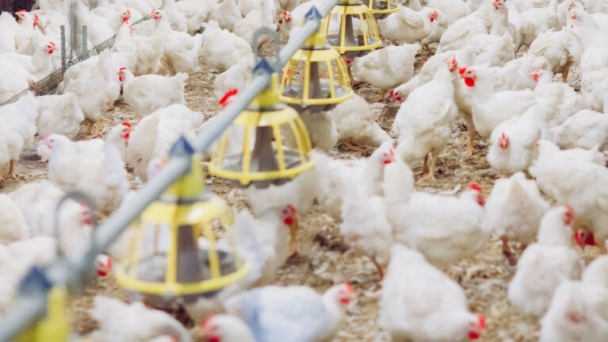
(VAN) Updated ammonia emission factors for UK poultry and pig producers have been introduced by the Environment Agency.
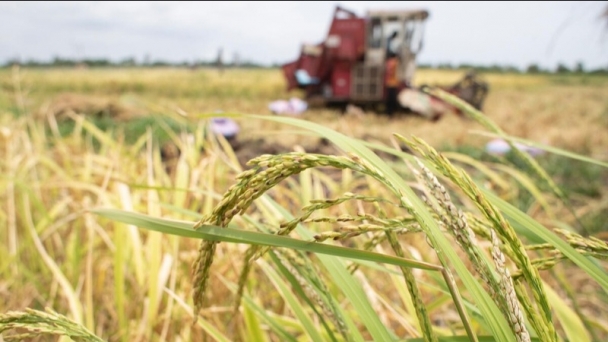
(VAN) The Food Systems Countdown Initiative report identifies governance and resilience as pivotal leverage points for food system transformation.
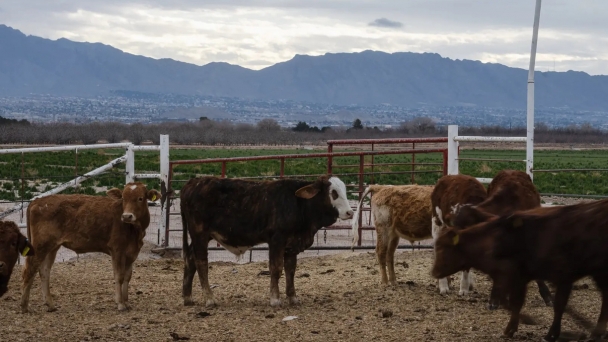
(VAN) Since cattle imports were cut off in November, Texas Agriculture Commissioner Sid Miller and some ranchers worry about the ban’s economic impact on beef producers and consumers.
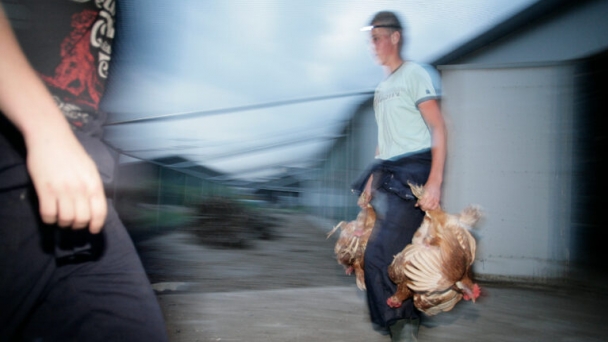
(VAN) In the poultry industry, before transport to the slaughterhouse, chickens in Belgium are often caught in a painful manner – by the legs – and put into crats.
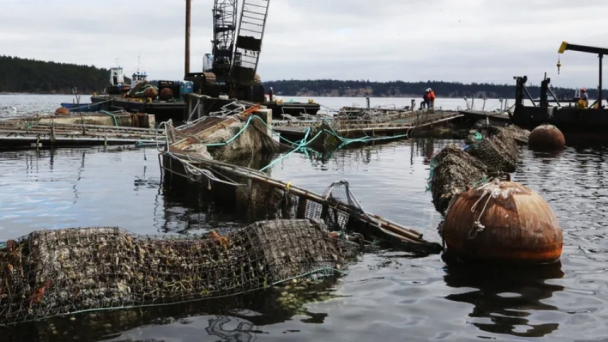
(VAN) Commercial net-pen aquaculture is history in Washington.
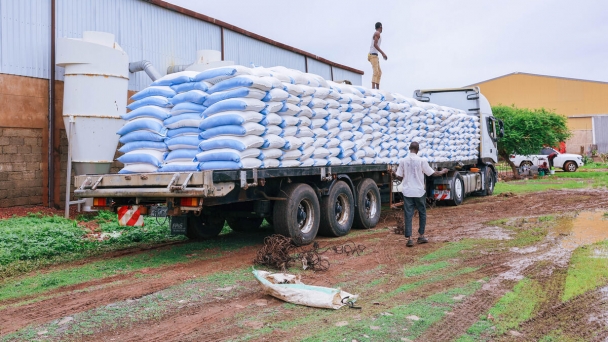
(VAN) FAO Deputy Director-General Beth Bechdol briefs the UN Security Council on Sudan’s food crisis.
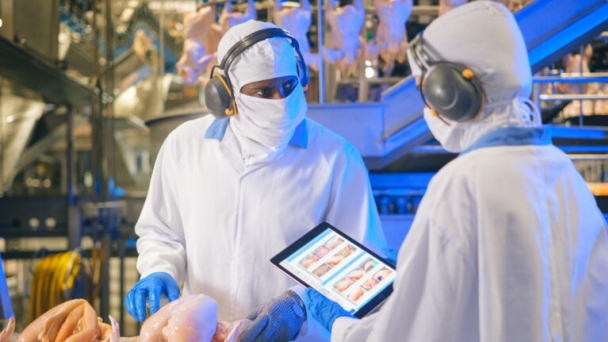
(VAN) As consumers continue to rely on poultry protein, broiler welfare has become a top interest alongside dependable product quality.